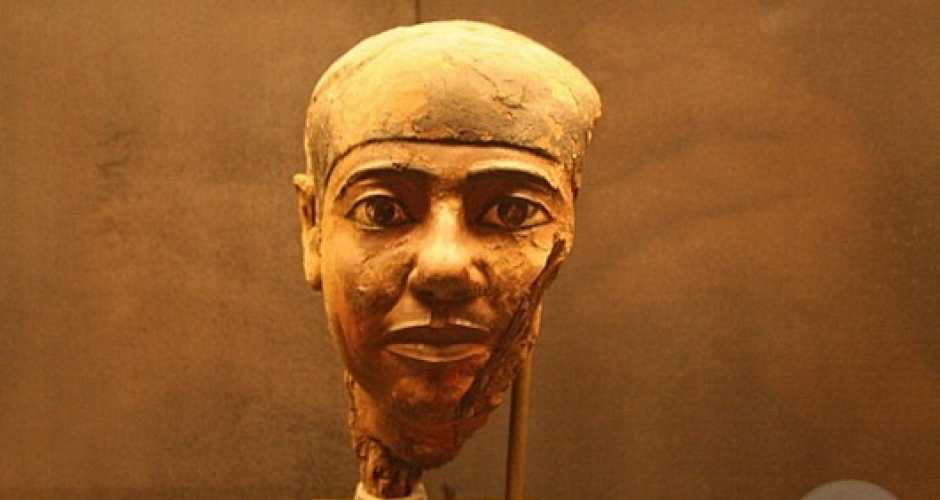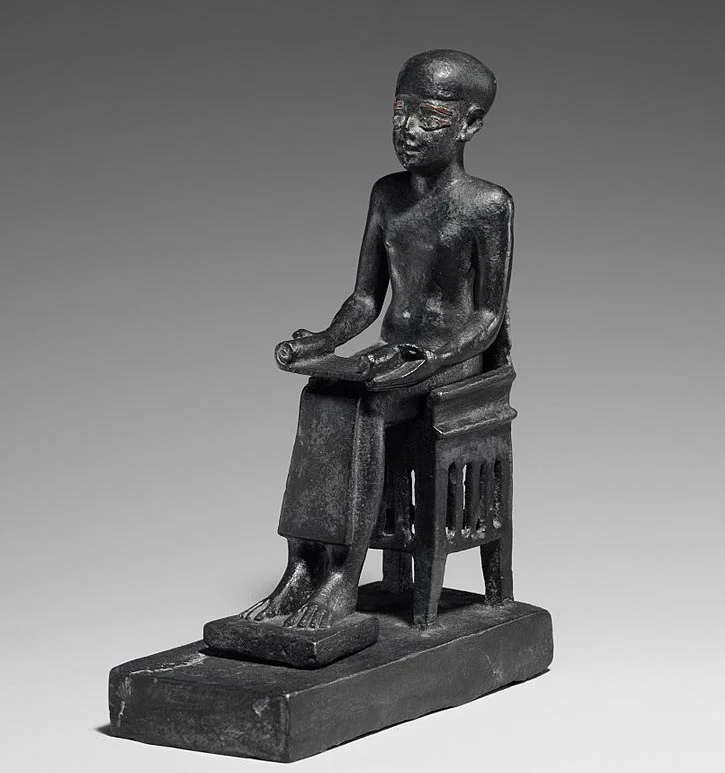Throughout ancient history, there are few individuals who have left as significant a mark as the illustrious Dr. Imhotep. A true Renaissance man, Imhotep’s genius spanned multiple fields and his contributions continue to impact society to this day. From his innovative architectural designs to his pioneering work in medicine, Imhotep’s legacy is one of unparalleled intellectual prowess and cultural significance. His impact was so profound that, in later periods, he was even deified as a god of medicine. The story of Imhotep is a testament to the power of human innovation and the enduring legacy of those who push the boundaries of knowledge and creativity.

Early Life and Education
Imhotep was born in the 27th century BCE during the Third Dynasty of Egypt, a time marked by significant advancements in architecture and governance. Despite the scarcity of detailed records from this era, it is believed that Imhotep received a comprehensive education in the fields of science, mathematics, architecture, and medicine.
Architectural Innovations
Imhotep’s architectural achievements are perhaps his most enduring legacy. He is credited as the architect of the Pyramid of Djoser at Saqqara, a monumental structure that revolutionized Egyptian funerary architecture. The pyramid, built for Pharaoh Djoser, represented a departure from traditional mastaba tombs, featuring six stacked layers and an unprecedented height. Imhotep’s use of stone instead of mud bricks and his mastery of innovative building techniques laid the foundation for future generations of pyramid builders.
Furthermore, Imhotep’s architectural expertise extended beyond pyramid construction. He designed temples, shrines, and other structures, showcasing his ability to blend practicality with artistic expression. His architectural principles influenced generations of builders and left an indelible mark on ancient Egyptian architecture.
Medical Prowess
In addition to his architectural endeavors, Imhotep was a renowned physician and healer. He served as the chief physician to Pharaoh Djoser and is considered one of the earliest known physicians in recorded history. Imhotep’s medical knowledge encompassed a wide range of ailments, and he developed treatments and remedies that reflected a sophisticated understanding of the human body.
Imhotep’s medical texts, although scarce, offer insights into ancient Egyptian medical practices and beliefs. His approach to medicine emphasized a holistic understanding of health, incorporating spiritual, herbal, and practical remedies. Imhotep’s contributions to medicine were so significant that he was later deified as the god of healing, revered by ancient Egyptians seeking cures for their ailments.
Imhotep’s Influence on Ancient Egyptian Culture
Imhotep was a truly remarkable figure whose legacy continues to inspire and fascinate people today. His intellectual abilities and contributions to ancient Egyptian society were truly phenomenal, and he was revered not only for his achievements but also for his wisdom and foresight. It is no wonder that his influence transcended his mortal existence, and that he became a figure of immense cultural significance.
Over time, Imhotep’s reputation grew and he was gradually elevated to the status of a god. As a god of medicine, he was worshiped and venerated by countless people throughout Egypt and beyond. Temples and cults dedicated to Imhotep flourished throughout subsequent dynasties, with devotees seeking his intercession in matters of health and healing. His cult persisted well into the Greco-Roman period, attesting to the enduring legacy of this ancient polymath.
But Imhotep’s cultural influence went far beyond his deification as a god of medicine. He was also celebrated as a master architect, engineer, and scholar, and his contributions to these fields were equally impressive. Imhotep was responsible for designing and overseeing the construction of some of Egypt’s most iconic structures, including the famous Step Pyramid of Djoser. He was also a prolific writer and scholar, whose works on medicine, architecture, and other subjects were widely read and studied.
Imhotep’s influence on Egyptian culture and society was truly remarkable, and his legacy continues to inspire awe and admiration even today. He was a true polymath, whose intellectual abilities and contributions to society remain unparalleled. Whether as a god of medicine or as a master architect and scholar, Imhotep will always be remembered as one of the most important figures in ancient Egyptian history.

Legacy and Influence
Dr. Imhotep’s legacy endures as a testament to the power of intellect and innovation. His contributions to architecture and medicine laid the groundwork for centuries of progress in these fields. Imhotep’s ability to seamlessly blend scientific knowledge with artistic expression continues to inspire scholars and artists alike.
Moreover, Imhotep’s story serves as a reminder of the rich intellectual heritage of ancient Egypt. In an era marked by rapid advancements and cultural exchange, figures like Imhotep stand as beacons of innovation and ingenuity.
Final Thoughts
To conclude, Dr. Imhotep’s legacy remains as enduring as the monuments he helped create. His mastery of architecture, medicine, and culture resonates through the ages, leaving an indelible mark on human history. As we continue to unravel the mysteries of ancient Egypt, Imhotep stands as a shining example of the heights that human intellect can achieve.
